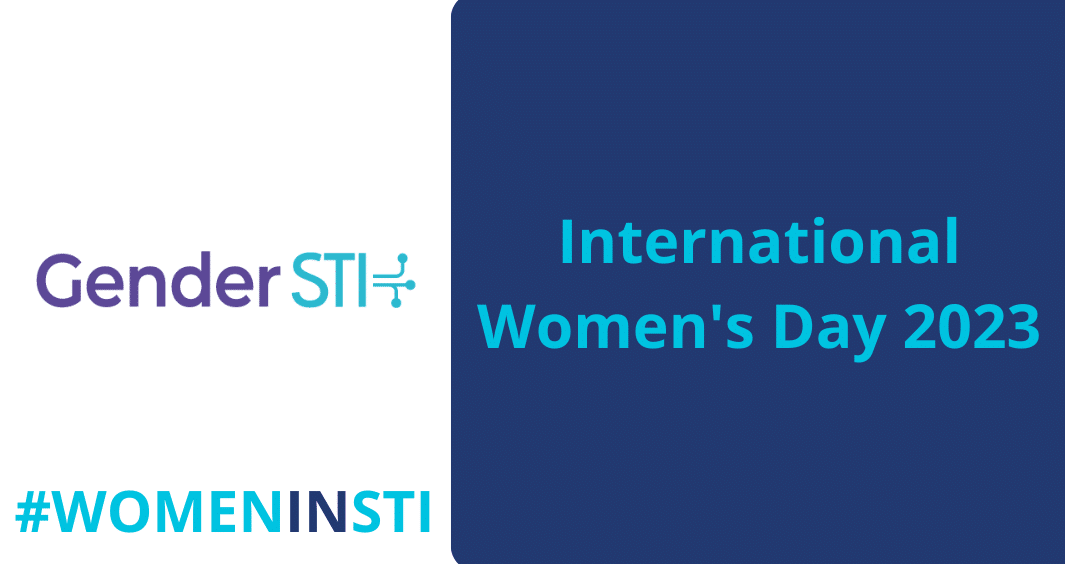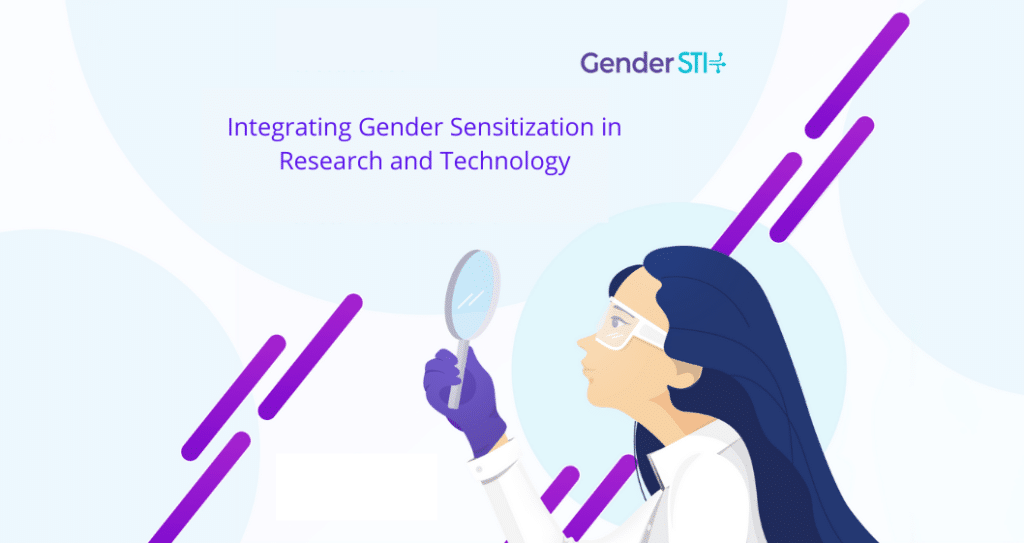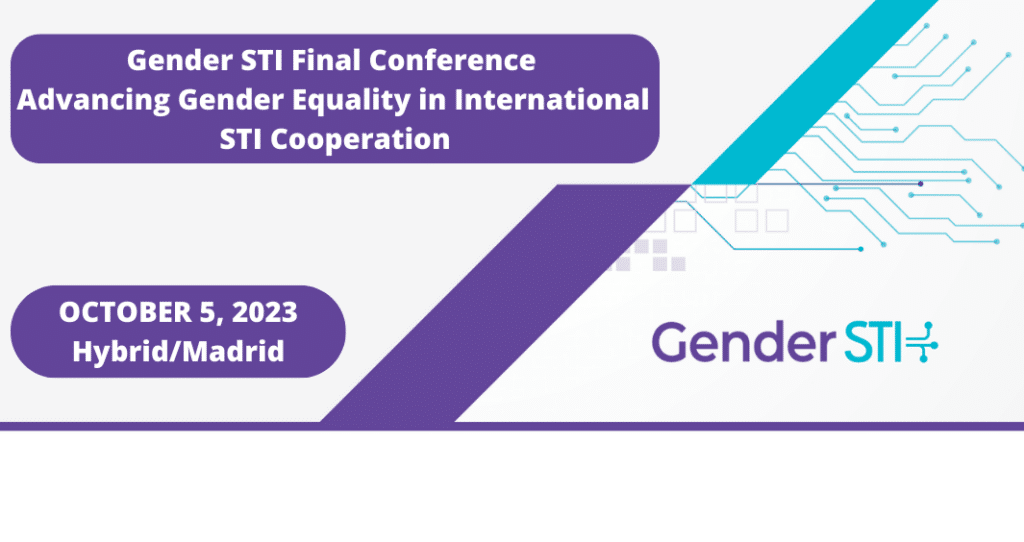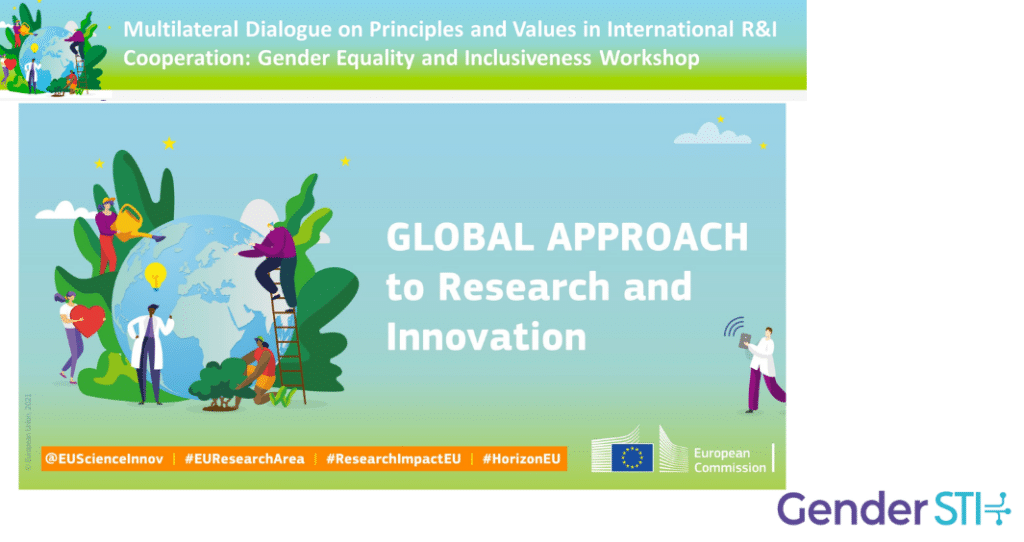The International Women’s Day celebrates and acknowledges women's achievements while reminding us of the work that still needs to be done to achieve gender equality. One area that has long been recognized as a male-dominated field is science, technology, and innovation (STI). In this regard, Gender STI international women’s day 2023 campaign would like to showcase the initiatives of our consortium partners that promote gender equality in this field, trying to break barriers and biases through education, research, and innovation activities and events. Some outstanding actions are detailed below.
Austrian University of Technology (TU Graz) and their Office for Gender Equality & Equal Opportunity provide competencies in the field of Gender Mainstreaming and Diversity Management.
Their most recent initiative, coding week, aims to provide girls with a positive experience in programming. The project leaders had to overcome stereotypes about what girls are interested in, which can be challenging in technology. Despite this, they found that providing female trainers, and creating inclusive, diverse learning materials was a practical approach to engaging girls in programming, exemplifying how girls can be enhanced to pursue a career in STEM.
2. VTT's Internal Diversity, Equality, and Inclusion (DEI) working group
VTT Technical Research Centre of Finland Ltd is a Finnish, wholly state-owned, and independent research institution that promotes the wide-ranging utilization and commercialization of research and technology in commerce and society.
As part of the centers' sustainability program in 2023, their focus was on diversity, equality, and inclusion. To promote this matter within VTT, they launched a working group that involves more than 20 participants and aims to train employees on DEI issues. One of the challenges that the VTT team has encountered is resistance to the initiative, highlighting the need for ongoing work to promote the importance and benefits of DEI.
3. RAGCyT's Neurosexism, breaking bias initiative
Argentine Network for Gender, Science, and Technology (RAGCyT) strives to promote women's participation in developing science and technology at national and international levels.
The network focuses on breaking down negative stereotypes about women in science and technology by providing information barriers to women's participation in these fields. Through virtual seminars with specialists and research in neuroscience, RAGCyT members could translate their findings into scientific publications and develop mass dissemination material.
4. CIHR's Diversity, Equality, and Inclusion training modules
Canada's federal funding agency for health research, the Canadian Institutes of Health Research (CIHR), fosters research excellence related to the influence of sex and gender on health in Canada and internationally.
Among their initiatives to promote gender equality in STI, CIHR provides training for researchers and team leaders in Diversity, Equality, and Inclusion (DEI). They aim to enhance researchers' capabilities on DEI issues so that work life and research content become more inclusive. To this end, the CIHR team developed manuals, and short online courses addressed to researchers.
CIHR team members pointed out that the main challenges when implementing this initiative were the need for more time, resources, and resistance. Enough resources and impetus need to be given to highlight the importance and benefits of DEI within the organization.
5. CNRS “Let's talk about equality” Conference
The French National Centre for Scientific Research (CNRS) is among the world's leading research and development institutions.
CNRS' Gender Equality Unit is organizing a conference on March 10th to present concrete actions promoting gender equality within the institution. Under the title, "Let's talk about equality: from institutional policies to concrete actions in laboratories,” the event aims to provide visibility towards concrete measures and actions implemented at CNRS to bring about lasting structural change.
The first goal of this conference is to share examples of policy instruments and actions to tackle gendered inequalities in CNRS at different levels (national, regional, and laboratory). Several gender equality representatives will take part in roundtables to discuss their experiences and the actions they implement. The second goal is to co-construct with CNRS employees the next Gender Equality Plan (2024-2026).
These initiatives by Gender STI consortium partners demonstrate the importance of ongoing work to promote gender equality in STI. While progress has been made in recent years, much work still needs to be done. As we celebrate the International Women’s Day 2023, let us also commit to doing our part in promoting gender equality in STI and beyond. Supporting and contributing towards initiatives that promote diversity and inclusion in the workplace, encourage girls and women to pursue STEM fields, and challenge negative stereotypes about women in science and technology. By working together, we can create a world where everyone can thrive, regardless of gender.



